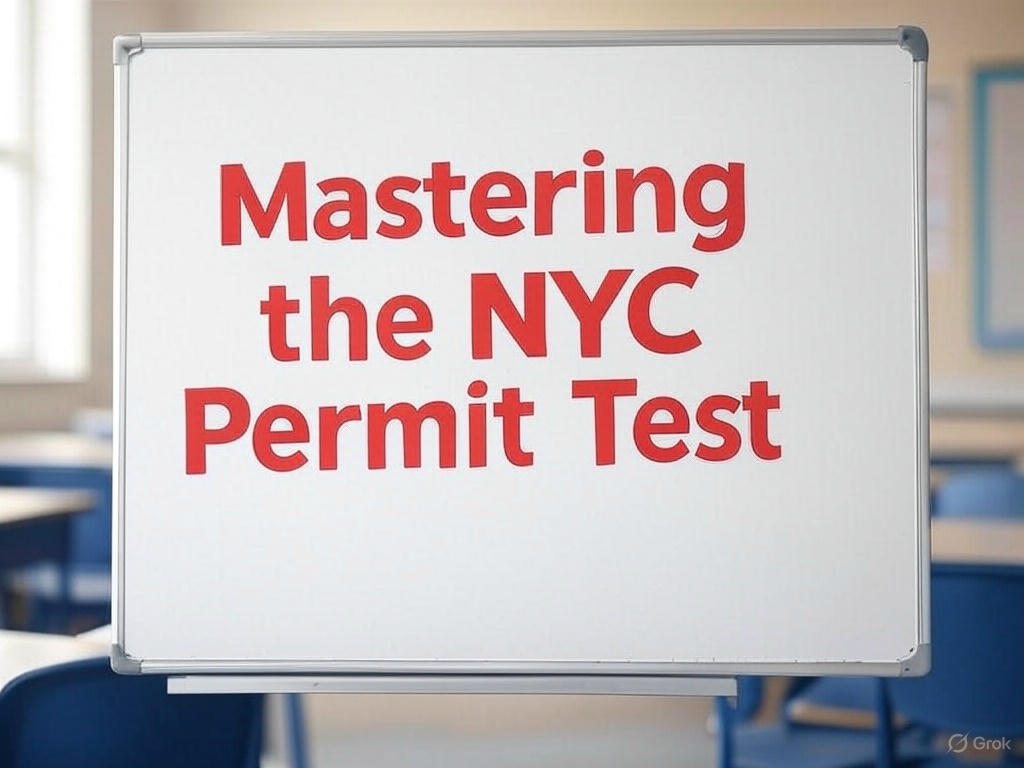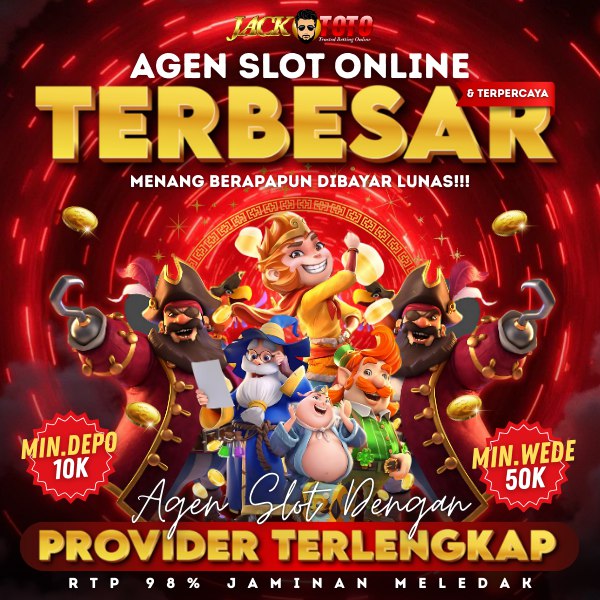The real estate industry, which was once a paper-oriented process handling industry, is now digitally transforming and turning all such slow processes into automated blockchain-based operations that too without any intermediaries.
While the Blockchain technology is making great progress in all industries, Real Estate is no more an exception. With its promise of transparency, security, and decentralization, Blockchain has the potential to tokenize real estate assets and significantly accelerate transactions.
This paradigm shift is making property investments more accessible and efficient for everyone, from individual investors to large-scale developers. So, whether you are a startup or a leading enterprise, planning to enter the real estate industry, then it is worth leveraging the Blockchain in the real estate industry by hiring a blockchain development company in India.
Here in this blog, we will discuss how the blockchain industry is reshaping the real estate industry through asset tokenization and streamlining the transactions. Apart, what benefits brings to the businesses…
What is Blockchain?
At its core, it is fair enough to say that blockchain is a distributed, decentralized ledger technology that logs every transaction across numerous computers and makes it tamper-proof for businesses.
It makes it impossible to change the record once it is registered on the blockchain log. Transaction data is contained in each block and is transparent and unchangeable once it is added to the chain.
Because of this feature, blockchain is perfect for sectors like real estate, where record accuracy and trust are crucial, especially while digitally transforming and handling property deals.
Understanding the Tokenization of Real Estate Assets
Let’s get started with the basics and learn how it can turn your industry…
Tokenization: What is it?
It refers to the simple process of turning the rights to a physical asset into a digital token on a blockchain. This process includes breaking up a property into smaller digital shares, each of which is represented by a token in the real estate industry. On blockchain platforms, investors can then purchase, sell, or exchange these tokens.
So, how is it practically operating?
- Property Identification: A commercial building or other real estate asset is chosen.
- Legal Structuring and Asset Valuation: Legal compliance is guaranteed and the asset is valued.
- Token Issuance: On a blockchain, tokens that represent ownership shares are produced.
- Trading: Investors can buy these tokens on an online marketplace.
Blockchain makes real estate a more accessible and ensuring liquid investment option in this way.
Benefits of Tokenization in Real Estate
Here are the core benefits of using Tokenization in the Real Estate Industry:
1. Fractional Ownership
Investing in real estate has never been an easy task, as historically it has required a significant amount to take an entry into the industry. But now, thanks to tokenization and mobile app development services that makes small and medium-sized investors can participate in high-value markets like commercial real estate. With tokens, small investors can purchase fractions of a property. Let’s assume this: with tokenization, an investor can purchase as little as one token, valued at $100, by splitting a $1 million property into 10,000 tokens.
2. Enhanced Liquidity
Generally speaking, real estate is illiquid. Weeks or even months may pass before a property is sold. On the other hand, tokens can be traded on secondary markets around the clock, which facilitates the rapid and effective liquidation of assets.
3. Global Investment Access
Tokenization allows investors from all over the world to participate in real estate markets without having to be physically present or have local legal counsel. This increases capital inflow and lessens regional investment bottlenecks by making real estate investment accessible to a far wider audience.
4. Reduced Costs and Intermediaries
Peer-to-peer transactions made possible by blockchain allow for the reduction or elimination of numerous middlemen, including brokers, escrow agents, and notaries. By automating agreements, smart contracts lower expenses and the chance of human error.
Blockchain for Speeding Up Real Estate Transactions
Handling the transactions in the real estate industry is a big challenge. It involves a lot of paperwork, verifications, and third parties are usually involved in the process. Though you can hire mobile app developers to easily streamline the process, but let’s understand the role of Blockchain in handling the complexity of the process. These procedures can be laborious and prone to mistakes. Blockchain provides a potent remedy by:
1. Smart Contracts
Self-executing contracts with written terms are known as smart contracts. To make it work rightly, it is important that certain conditions should be met so that the process automatically initiates certain actions, such as releasing payment upon the transfer of ownership.
Let’s understand it with an example of how easy it is to access. The smart contract can instantly update ownership details after a buyer’s payment is validated on the blockchain, cutting down the closing time from weeks to a matter of minutes or hours.
2. Real-Time Data Sharing
All parties, including banks, buyers, sellers, and law enforcement, can access real-time property data in a safe and unchangeable format thanks to blockchain technology. Faster due diligence is made possible by this transparency, which lessens the need for repeated document verification.
3. Digital Identity Verification
Buyers and sellers can be instantly verified using blockchain-based digital IDs, eliminating the need for KYC (Know Your Customer) and AML (Anti-Money Laundering) procedures. This is particularly helpful for international transactions.
Conclusion
It is fair enough to say that blockchain technology has the potential to completely transform the real estate industry. It democratizes real estate investing by tokenizing assets, making it possible for more people to engage in what was formerly a capital-intensive sector. At the same time, it improves security, efficiency, and transparency by accelerating transactions.
We can look forward to a time when purchasing, selling, and investing in real estate will be as simple as sending an email, as laws and platforms develop. The real estate sector is about to change, with blockchain potentially serving as the new framework for international real estate markets.



